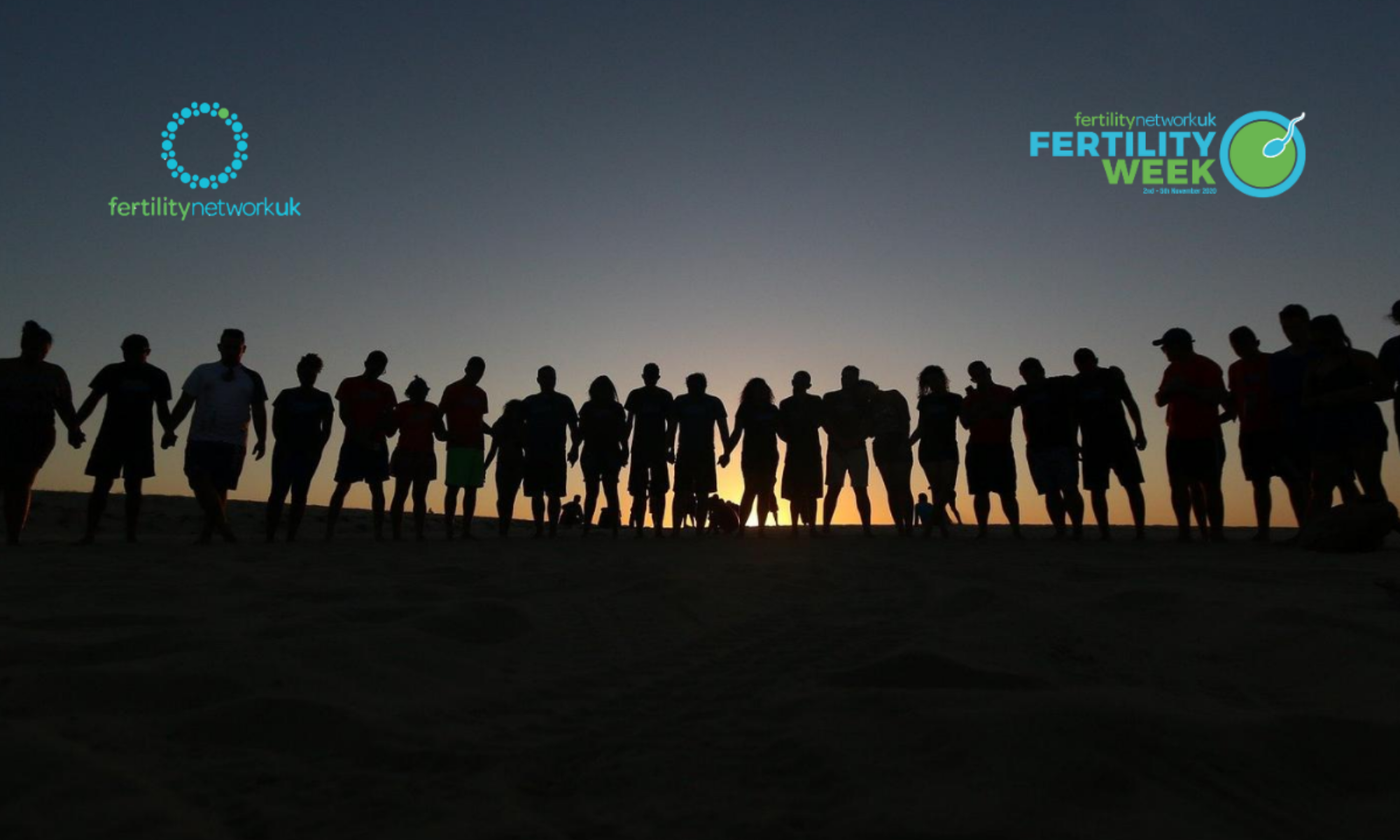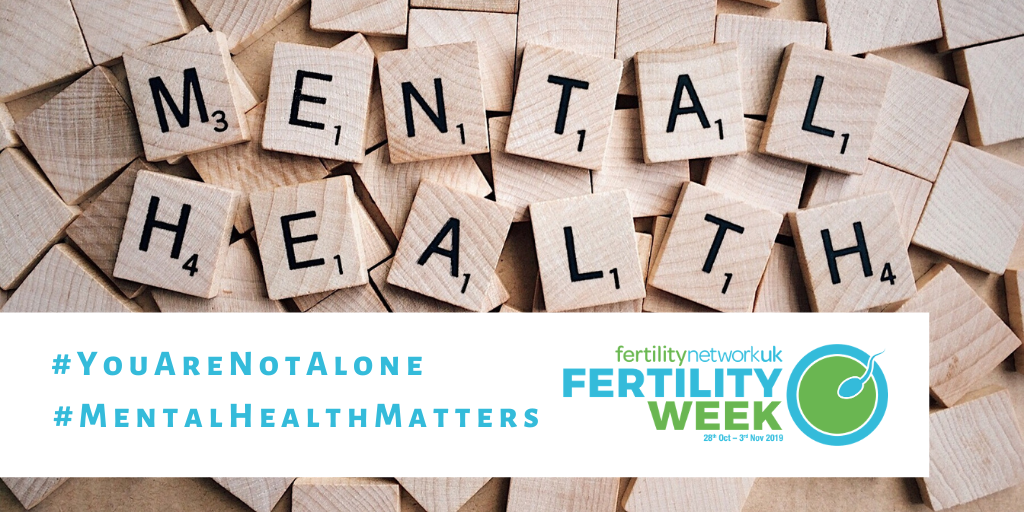If there’s one thing in life that I’ve become really accomplished at over the past few years, it’s putting a brave face on. It’s saying, “I’m fine”, when I’m not. It’s smiling when all I want to do is scream. Every so often the difficulty of doing this on a daily basis boils over, and I slowly but surely start to unravel. At the moment, this results in periods where I feel like I can’t function. Getting out of bed is hard, having a shower seems like climbing Mount Everest, and I spend the day thinking of all the things I should be doing but feeling completely and overwhelmingly physically and mentally unable to do them. I cry and cry until there are no more tears left, and then after a few days, it passes. Welcome to the world of infertility and mental health.
To anyone who has experienced mental illness in their life, they will no doubt be able to relate to this and know exactly what I’m talking about. To anyone who has never experienced this I can only hope that posts like this will help you try to understand a bit more about mental illness and how it can often completely debilitate someone’s entire life.
Please don’t misunderstand me, I am predominantly very happy in my life. I have a loving husband who I absolutely adore, a beautiful house and great family and friends. But my infertility has completely taken over my life and my mind. And it’s not something I’ve been able to prevent. People say, “don’t let it get you down”; but you can’t avoid it; once it’s part of you, you can’t get rid of it. You can be happy, of course you can. You can be in the company of your friends or family and genuinely be enjoying yourself and having a great time, but that pain is always there. There’s no getting rid of it, you can’t shut it away in a box so you can enjoy a night out. It sits there balancing on your heart seeping down drop by drop so that every moment of happiness is stained with an ache.
I imagine like most people suffering with infertility, when I was first diagnosed, my overwhelming feelings were of failure. And that is still the overriding emotion that I struggle with on a day-to-day basis. And I think that is a genuine, rational reaction to infertility. It’s not as if having a baby is something that is hard to achieve, something that only a few people ever accomplish in their life, like walking on the moon. Getting pregnant and having a baby seems to be so easy for the majority of people; couples that weren’t even trying for a baby end up getting pregnant. Therefore, it’s very hard to accept that it’s something that is going to be more difficult for us. And that plays havoc with your mind; wondering over and over why this has happened to you; why could we not be one of those couples that just sneezed and they got pregnant? You start to wonder if you’re being punished for something. Did I do something in a previous life that I’m now being penalised for? I constantly think about the day when we may have to decide to stop our journey because nothing has worked, and go on with a life without children. And that is something that I can’t even contemplate. To go through the rest of my life without being a mother will break my heart never mind the guilt I will feel for not allowing my husband to have the chance of becoming a father. Although we’re not at that place yet, it’s something we may have to consider in the near future and that plays havoc with my mind and tortures me constantly.
It’s ok for people to say, “stay positive”. My husband and I say that to ourselves all the time; but it’s simply just not as easy as that. When your mental health has taken a serious knock, you are then programmed to think the worst of everything. All you can see is black.
For me, things got much worse mentally after our miscarriage. We were so close to achieving our dream and then it was all ripped away so cruelly. After that I kept thinking that if that could go wrong, then everything might go wrong. It got so bad that it was sometimes hard for me to leave the house. I tortured myself thinking that we were going to have a car crash, or our dog was going to get run over. I was constantly on edge waiting for something to happen that would throw our life into turmoil again.
It was at this point that I realised things were getting out of control. I made an appointment with my GP and just completely unloaded to her. Thankfully she was unbelievably supportive and since then I’ve been seeing her every month, and it has helped a lot. Of course, whilst we have no solution to our infertility, it’s still an ongoing battle. Most of the time my emotions and mental state feel completely out of balance, so I work really hard at trying to keep things in check. I make sure I do things that give me pleasure, such as my garden; I try to get fresh air every day, even if it’s just being outside for half an hour; I keep connected to my family and friends, although it may often just be by text, it’s keeping a dialogue going and also allowing me to keep up to date with their lives and offer any support where I can. And I talk about it. To me, that has been the most important thing. Feeling depressed because you can’t have a baby is a hard thing to deal with but shockingly it’s something that there is still a huge stigma around. Some people don’t like to talk about mental illness; it’s something they think you should keep private, not talk about in the wider world. But I completely disagree. For me if I didn’t talk about it I think I would combust.
My advice to anyone who is struggling mentally because of their infertility is to find someone to talk to about it. It doesn’t have to be a health care professional if you’re not ready for that. It might just be a friend, or a family member or your partner, but please don’t suffer in silence. Get your thoughts out of your mind and into the air, or down on the page. It makes it easier to sort through them and figure out a way to try and put one step in front of the other. And if there’s one important thing to remember, it’s that you’re most definitely not alone, but sometimes just taking that first step of saying “help” can save your life.


